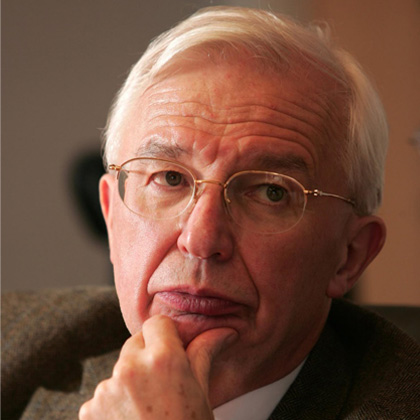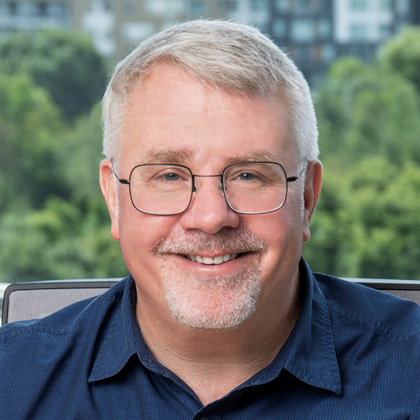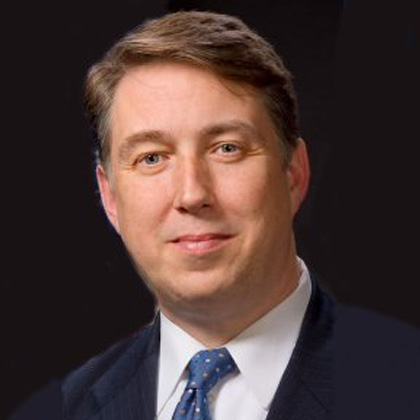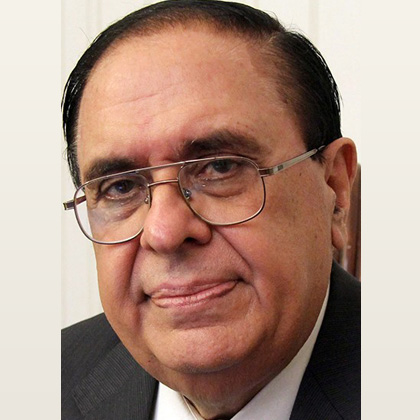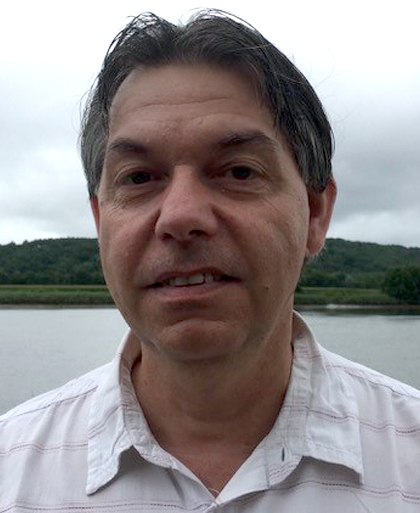
Invited Speakers
Green Process for Fine Chemical Production / Biomass Conversion
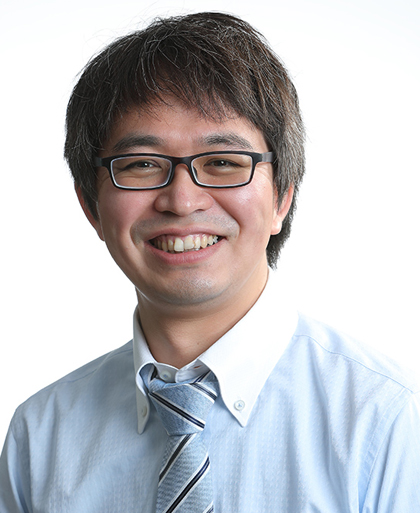
Japan
year of birth: 1985
education: Phd (Agriculture) at the University of Tokyo
present position: Tenure-traced associate professor at Shizuoka Univ. (75%)
Cross-appointment associate professor at IMS (25%)
area of research: Enzymology
major recognition/awards: 15th Early Career Award in Biophysics (The Biophysical Society of Japan)

Thailand
Kongkiat Suriye, an entrepreneurial chemical engineer, CEO of GRD Co., Ltd. He was born in 1981 March 23. He graduated in the doctoral degree in the chemical engineering from Chulalongkorn university, THAILAND. He received more than 50 international publications and 30 international patents. His research focuses on the chemical engineering process, catalytic reaction, herb extraction, and pyrolysis process. Moreover, he is the adjunct lecturer at the petroleum and petrochemical college, Chulalongkorn University.
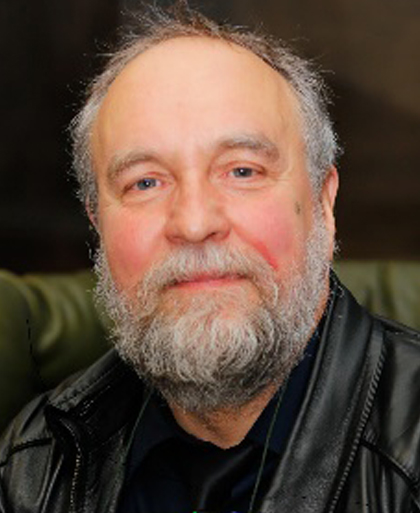
Russia
Babaev Eugene, 1960, graduated from Moscow State University, PhD 1988, Dr Sci 2007, Professor in 2011. Lecturer in heterocyclic chemistry. Author of ~200 papers, 10 books, supervisor of 9 PhD students. Scientific interests: heterocyclic and combinatorial synthesis, mathematical chemistry and history. Project leader of 18 scientific grants and 11 grants from industries for past 20 years. Postdoc in Germany. USA, Japan. Founder of Eurasian heterocyclic meetings (since 2000).
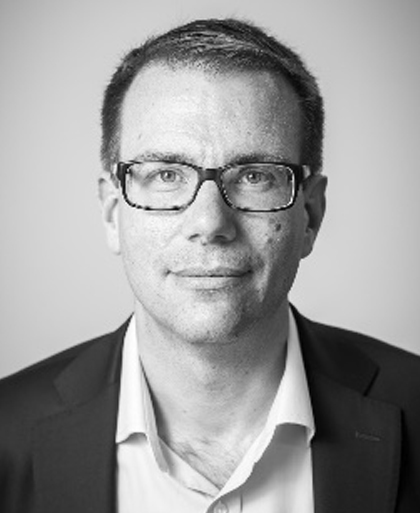
Sweden
Joseph Samec was born in 1971 and did his education at Stockholm University. After a postdoc at Caltech and tenure track at Uppsala University, he returned to Stockholm University in 2015 where he currently full professor. He works in Green and Sustainable chemistry with a focus on biomass valorization. He has founded several start-up companies, for example RenFuel, working on biomass valorization.
Renewable Energy and Carbon Capture/Conversion
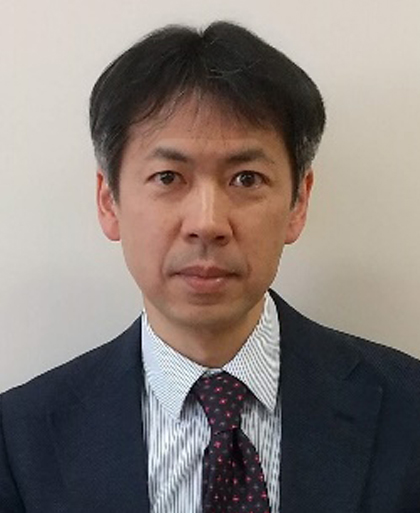
Japan
He was born in 1973. He received his Ph.D. in electrical and electronic engineering at Niigata University, Japan in 1999. In 1999, he joined the Max-Planck-Institute for Polymer Research, Mainz, Germany as an Alexander von Humboldt Research Fellow. Then, he worked at National University of Singapore, University of Alabama at Birmingham, USA, and the University of Houston, USA. Since 2007, he has been with Niigata University, Japan where he is currently a Professor at the Faculty of Engineering. His research interest involves organic thin films/biomolecules, and their optoelectronic device applications.
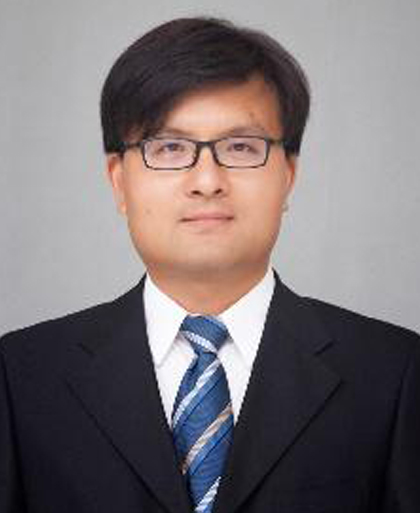
Feng Wang, (born in 1977), earned his Ph.D. at Dalian Institute of Chemical Physics (DICP). Dr. Wang serves as the Director of the Division of Biomass Conversion & Bio-Energy at DICP (2018 to present), and the Vice Director of Dalian Institute of Chemical Physics (2021 to present). Dr. Wang is mainly interested to the field in heterogeneous catalysis and biomass conversion, contributing over 190 research articles published. Dr. Wang is serving as an Associate Editor for ACS Catalysis. Dr. Wang is the recipient of numerous awards and honors, including the 2020 ACS Sustainable Chemistry & Engineering Leadership Awards, the National Science Fund for Distinguished Young Scholars, NSFC-RS Newton Advanced Fellowship, Jiaxi Lu Excellent Mentor Award.
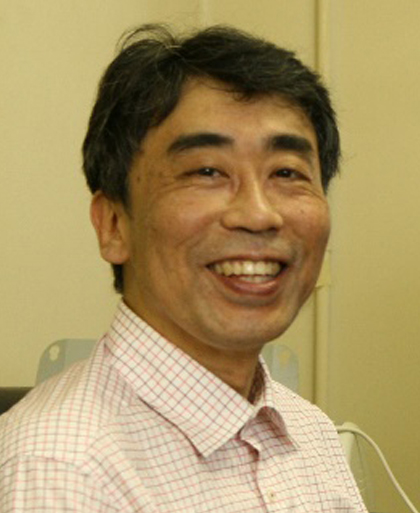
Japan
Toshihiko Yokoyama was born on Aug. 10, 1960 in Osaka, Japan, was graduated from the University of Tokyo in 1983, and obtained the PhD degree in 1990. After working as a research fellow in Hiroshima University and subsequently as a lecturer and an associate professor in the University of Tokyo, he has been a professor in Institute for Molecular Science since 2002. He has been investigating structures and functional properties of molecules and materials using synchrotron radiation-based x-ray absorption and photoelectron spectroscopy. He is a president of Japanese Society for Synchrotron Radiation Research in 2022-2023.
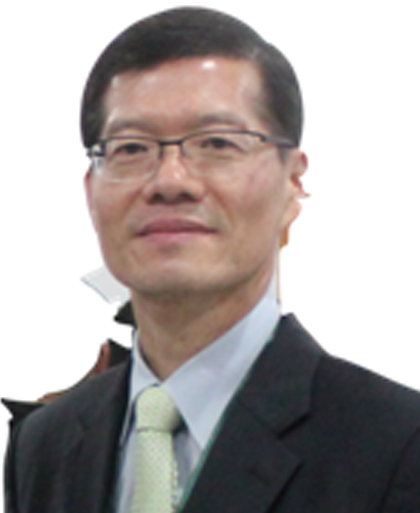
Korea
Won-Chun Oh is full Professor in the Department of Advanced materials and engineering at Hanseo University in Korea. He obtained the ‘Yangsong (2022)’ award from Korea Ceramic Society, and the Best Paper Award (2014)” from Journal of Industrial and Engineering Chemistry for his pioneering work, and “Award of appreciation (2019)” from ICMMA2019. He is the author or co-author of 941 papers published in international journals and conferences as a special lecture, plenary lecture, and keynote speaker. His current research interests are the synthesis of nanostructured materials such as nanocarbons, graphene materials and MXene, and their catalytic applications for future energy sources and green chemical technologies.
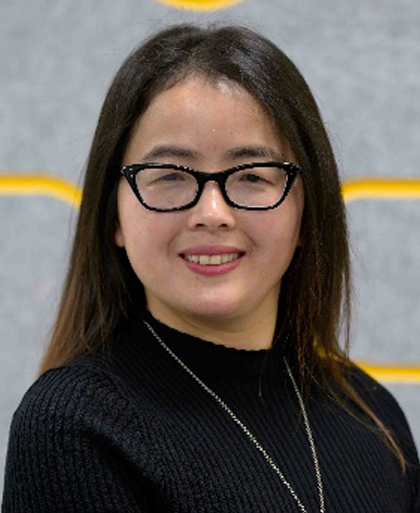
Australia
Associate Professor Yijiao Jiang is the Deputy Director of Macquarie University Research Centre for Transforming Energy Market and the Chair of Women in Engineering Committee. After completing her PhD at University of Stuttgart, she worked as postdoc at ETH Zürich. She was then awarded UNSW Vice-Chancellor’s Research Fellowship and Australian Research Council (ARC) Discovery Early Career Research Award. Her research interests focus on the development of heterogeneous catalytic systems for green chemical processes and renewable energy production. She has developed various in situ and operando techniques including NMR, EPR, IR, Raman, and photoelectrochemical spectroscopy. She is an Associate Editor of Energy & Fuels and currently serves on the ARC College of Experts.
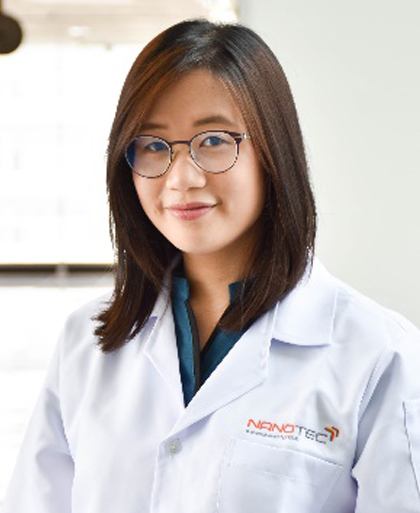
Thailand
Pongkarn Chakthranont is a research scientist affiliated with the Nanocatalysis and Molecular Simulation (NCAS) research group at the National Nanotechnology Center (NANOTEC), NSTDA, Thailand. She earned her bachelor’s degree in Chemical Engineering from Northwestern University, USA, and completed her Ph.D. in Chemical Engineering at Stanford University, USA. She received full financial support for B.S.-Ph.D. from the Ministry of Science and Technology of Thailand and the Stanford Graduate Fellowship Award. In 2019, she was honored with a Thesis Award at the Excellence level in Engineering by the National Research Council of Thailand. Her research endeavors primarily revolve around electrocatalytic systems, focusing on their applications in biorefinery, sustainable chemistry, renewable energy storage, and environmental solutions.
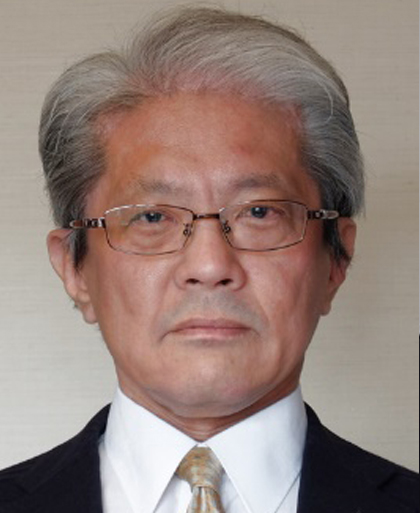
Japan
Prof. Michitaka Ohtaki was born in 1961 in Stockholm, Sweden. He completed his B.Eng., M.Eng, and Ph.D. (Eng, 1990) in the University of Tokyo, Japan. He joined Kyushu University as an assistant professor in 1990, and is now a professor and Vice Dean of Interdisciplinary Graduate School of Engineering Sciences, Kyushu University. His current major area is inorganic materials chemistry, particularly focusing on thermoelectric materials and low-dimensional nanomaterials. He was awarded Academic Award of the Thermoelectrics Society of Japan (2018), Academic Achievement Award of the Ceramic Society of Japan (2019), and Global Star Award of the American Ceramic Society (2013).
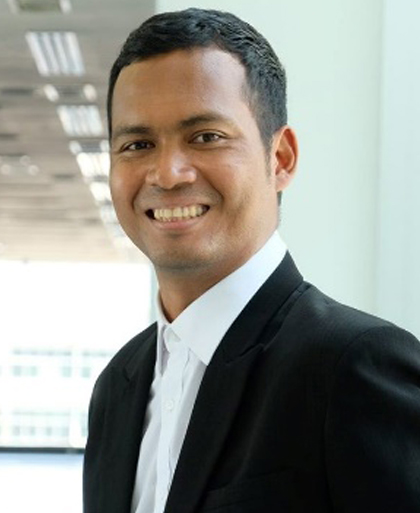
Thailand
Natural Product, Chemical Biology and Medicinal Chemistry
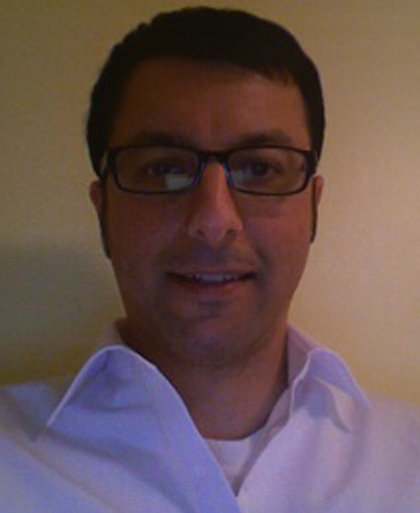
U.S.A.
Dev Arya earned his B.Sc. (chemistry honors program) from St. Stephen's College, Delhi; and Ph.D. (Bioorganic Chemistry) from Northeastern University, Boston. After spending his postdoctoral years in the labs of Prof. T. C. Bruice (UC Santa Barbara), he joined the faculty at Clemson University. Dr. Arya is a recipient of a National Science Foundation CAREER Award and the ACS Horace S. Isbell Award of the Division of Carbohydrate Chemistry. He has served as the Program Chair, Chair-Elect and Chair of the ACS Division of Carbohydrate Chemistry. He is currently the Wallace R Roy Distinguished Professor at Clemson University and Faculty Resident Fellow in infectious Disease, Department of Infectious Disease, Greenville Hospital System, Greenville, SC.
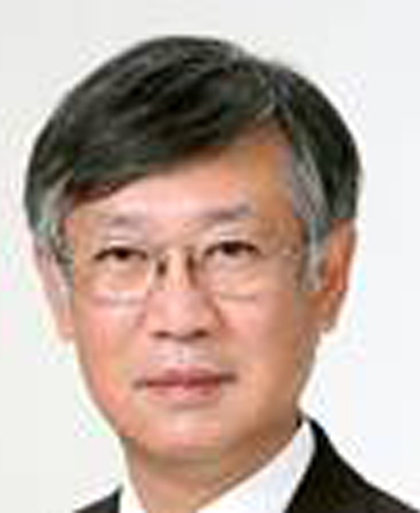
Japan
Prof. Asanuma was born in 1962. He received his Ph.D. from The University of Tokyo in 1989. He joined Fuji Photo Film Co. Ltd. and then moved to The University of Tokyo in 1995 as an Assistant Professor. In 2005, he moved to the Graduate School of Engineering, Nagoya University as a full professor. He received The Chemical Society of Japan Award for Creative Work for 2017 and The Award of the Society of Polymer Science, Japan (2015). Currently his research interests are focused on the development of functional artificial oligonucleotides with acyclic scaffolds and origin of life.
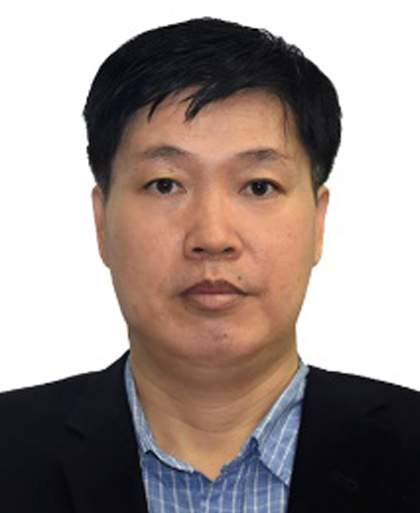
Singapore
LIU Xuewei, China Agricultural University (BSc & MSc 1996), University of Southern California (PhD 2000), Procter & Gamble (Research Scientist, 2000-2002), Chugai Pharma USA (Senior Research Scientist, 2002-2003), Caltech (Postdoc, 2003-2005). Currently Professor at Nanyang Technological University, Singapore. Research field: carbohydrate chemistry, natural products, and glycoproteins in addressing problems of medicinal and biochemical significance. He has great teaching experience in Medicinal Chemistry, Organic Reactions & Mechanism, Advanced Organic Chemistry, Biological Chemistry, etc.
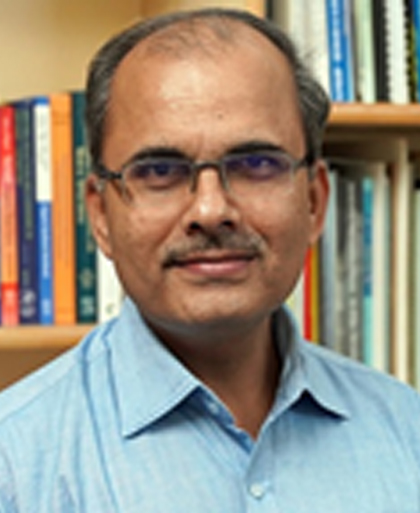
India
Prof. N. Jayaraman (born May 1964) is Professor and Chairman of Department of Organic Chemistry, Indian Institute of Science, Bangalore, India. In the last 25 years of independent research career, he leads vibrant research in the areas of carbohydrates, dendrimers and organic synthesis. Synthesis and studies of custom-designed dendrimers, namely, poly(ether imine) (PETIM) and poly(alkyl aryl ether) dendrimers are note-worthy. Synthesis and studies of seven-members septanoside carbohydrates, glycolipids, multivalent glycoconjugates are continuing themes in his advancing research. He was awarded the Shanti Swarup Bhatnagar Award (2009). He is Fellow of the Indian Academy of Science, President of International Carbohydrate Organization (2014-2016).
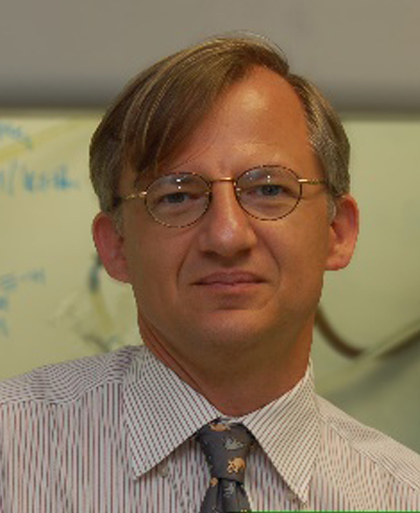
Singapore
Roderick Bates received his PhD at Imperial College, London with Professor Steven Ley, using organoiron complexes for organic synthesis. After a postdoctoral stint at Colorado State University with Professor L. S. Hegedus working on chromium carbenes, he moved to the University of North Texas as an Assistant Professor. After some years spent in Thailand at Chulalongkorn University and the Chulabhorn Research Institute and a short stay in the ill-fated Department of Chemistry at Exeter in England, he joined Nanyang Technological University as a pioneer member of the Division of Chemistry and Biological Chemistry.
He is currently an Associate Professor, a Fellow of NTU’s Teaching Excellence Academy and the University’s Research Integrity Officer. He has research interests in the use of transition metals in organic synthesis, and stereocontrol in natural product synthesis and drug discovery. His book “Organic Synthesis using Transition Metals” (2nd Ed.) was published by Wiley in April 2012. He is also a lecturer on Forensic Science for a Coursera MOOC.
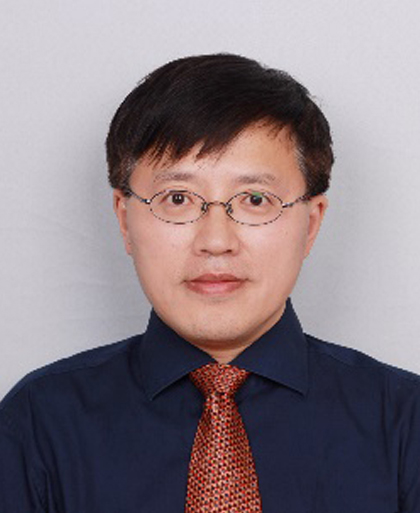
China
Prof. Zong-Wan Mao earned his Bachelor’s degree at Sichuan University in 1982, and Ph.D. degrees from Nanjing University under the supervision of Prof. Wen-Xia Tang in 1994, and then joined Prof. Liang-Nian Ji’s group as a postdoctoral fellow at Sun Yat-Sen University. Two years later he received an Alexander von Humboldt Fellowship, and studied with Prof. Rudi van Eldik at University of Erlangen-Nuremberg, Germany. He is now the full professor at Sun Yat-Sen University and has published more than 260 papers (H-index = 64). His current research interests include biological inorganic chemistry, medicinal chemistry and chemical biology of metal complexes.
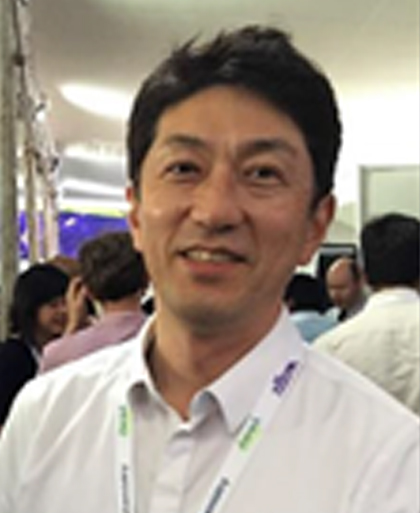
Japan
Professor Motonari Uesugi is a Professor and Director of The Institute for Integrated Cell-Material Sciences and Institute for Chemical Research, Kyoto University. After completing postdoctoral training in Harvard Chemistry Department, Dr. Uesugi started his independent career in Baylor College of Medicine, Houston, where he has established an interdisciplinary laboratory in the area of chemical biology. He was tenured in Baylor in 2005, and moved to Kyoto University as a full professor in 2005.
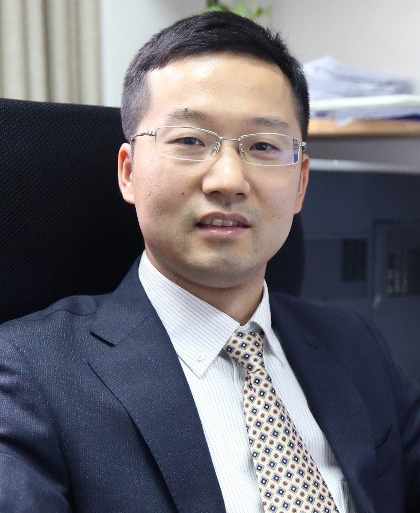
China
Prof. Xiaoguang Lei is the Boya Distinguished Professor of Chemistry and Chemical Biology and a senior PI of the Peking-Tsinghua Center for Life Sciences and Shen Zhen Bay Laboratory. His primary research areas are chemical biology, natural product synthesis, synthetic biology, and drug discovery. He has published more than 150 original research papers, including Cell, Nature, Science, etc., and obtained 20 granted patents for new drug discovery. He has developed four “first-in-class” drug candidates, one of which has started Phase II clinical trials in the USA and China since 2022. He has the 2023 Sackler Chair Visiting Scholar Award in Israel, the 2022 Xplore Prize, the 2020 Bayer Investigator Award, the 2017 Tetrahedron Young Investigator Award, the 2013 International Chemical Biology Society (ICBS) Young Chemical Biologist Award. Since 2017 he has served as an editor for Bioorganic & Medicinal Chemistry.
Materials Chemistry for Sustainable Future
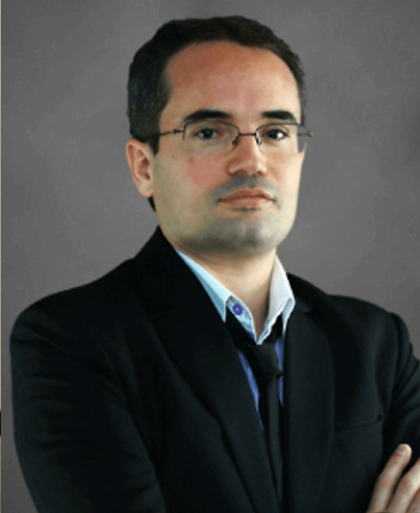
Thailand
Daniel Crespy, born in 1978, studied chemistry at the University of Strasbourg and completed his PhD under the supervision of Professor Landfester at the University of Ulm (Germany). In 2006, he became a project leader at Empa (Swiss Federal laboratories for Materials Research and Technology). He joined the Max Planck Institute for Polymer Research (Mainz, Germany) in July 2009 as group leader. Daniel Crespy is now an Associate Professor in the Vidyasirimedhi Institute of Science and Technology (VISTEC) in Thailand. His current work is focused on responsive polymer materials for self-healing, biomedicine and anticorrosion applications.
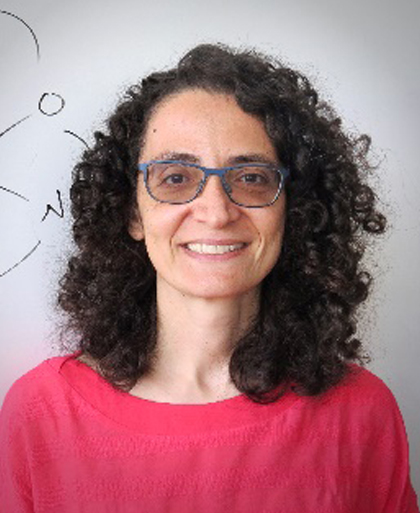
Israel
Born in 1975, YET concluded PhD studies at Tel-Aviv University and postdoctoral studies at Massachusetts Institute of Technology (MIT). In 2003 she joined the Hebrew university (HUJI) and was promoted to Full Professor in 2016. Prof. Tshuva is an incumbent of the Lester Aronberg Chair in Applied chemistry, the Chair of the Institute of Chemistry at HUJI, the recipient of four European Research Council (ERC) awards, the previous Vice-Chair of the Israeli Council for Higher Education, and an International Advisory Board member of ChemMedChem. Her laboratory focuses on synthetic bioinorganic chemistry, applying coordination chemistry techniques for biological and medicinal applications.
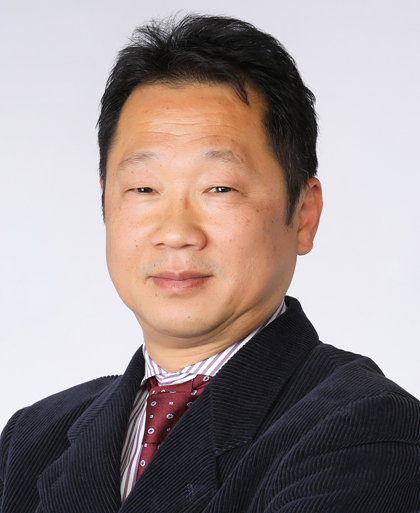
Thailand
Makoto Ogawa was born in Shizuoka, Japan, in 1964. He joined Department of Earth Sciences, Waseda University in 1995 where he became a full Professor in 2004. He was a researcher of PRESTO, Japan Science and Technology Corporation (JST) from 1995 to 2000. In 2015, he moved to Vidyasirimedhi Institute of Science and Technology (VISTEC) as a professor. His research interests include the syntheses and applications of nanospace materials and their host-guest systems from the preparation to the application. He has authored more than 300 original research papers and several tens of reviews and book chapters. The number of citation is over 14,000 times and his present h-index is 60 according to Google Scholar.
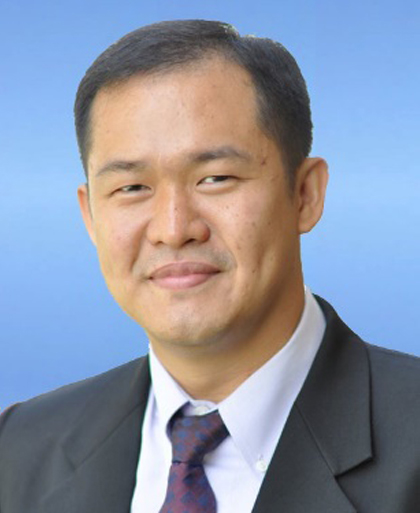
Thailand
Pakorn Opaprakasit was born in 1975. He received a B.Sc. (Hons.) in Chemistry from Chiang Mai University, Thailand, in 1997, and postgraduate degrees of M.S. and Ph.D. in Materials Science and Engineering from Pennsylvania State University, USA, in 1999 and 2003, respectively. He is currently an Associate Professor and head of the School of Integrated Science and Innovation, Sirindhorn International Institute of Technology (SIIT), Thammasat University, Thailand. His research interest includes functional materials, materials circularity, materials characterization, and vibrational spectroscopy. He serves as a vice President of MRS-Thailand and a board member of Polymer Society of Thailand.
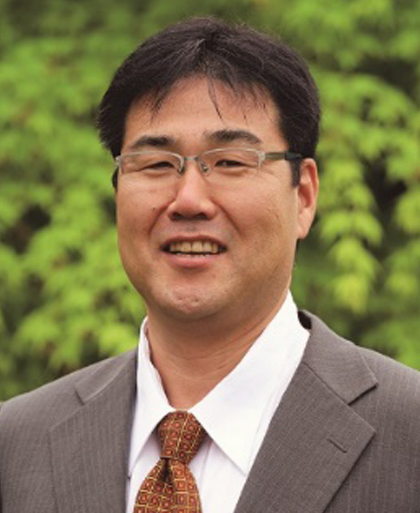
Japan
Yasushi Nishihara was born in Hiroshima, Japan in 1968. He earned a B.S. degree from Hiroshima University in 1992. He received his Ph.D. (1997) from the Graduate University for Advanced Studies (SOKENDAI). He became an Assistant Professor at the Tokyo Institute of Technology in 1996; he moved to Okayama University as an associate professor in 2004 and was promoted to full Professor in 2010. He was awarded Incentive Award in Synthetic Organic Chemistry, Japan (2009). His current research interests are organic synthesis mediated and/or catalyzed by organometallic compounds and their application in functional materials such as organic transistors and solar cells.
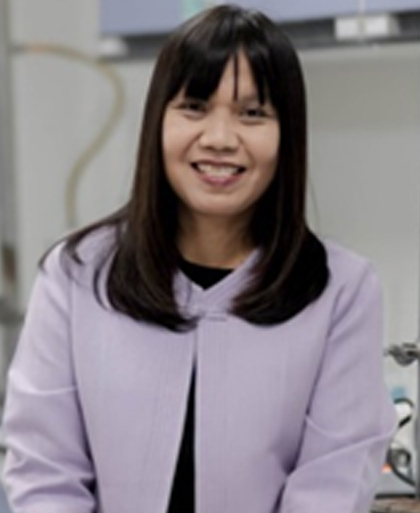
Thailand
Winita Punyodom was born in 1967. She obtained her PhD in polymer physics from the University of Leeds, UK, in 2000. She is currently an Associate Professor in polymer science and a Vice-President of Chiang Mai University. Her current research interests include the development of novel catalysts, specialty polymers, and bioplastics innovation for target industries with a view to their potential use in environmental and biomedical applications. In 2023, she was the recipient of the Outstanding Materials Researcher Award from the Materials Research Society of Thailand.
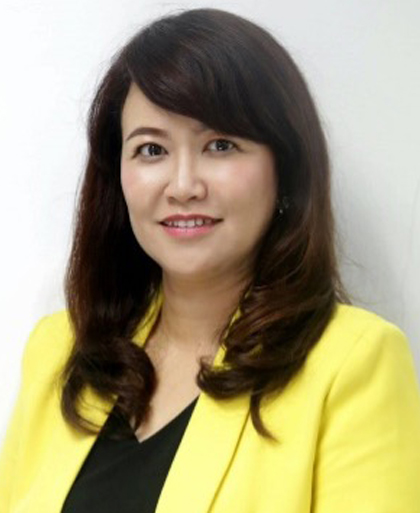
Thailand
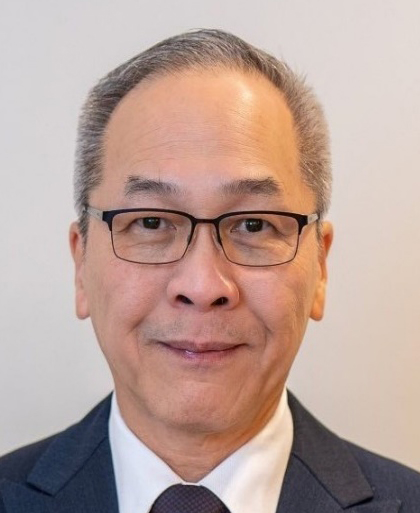
Australia
AC FAA FRACI FTSE born in 1954, completed his PhD in chemistry at Griffith University, Brisbane in 1987. After a research career at CSIRO (1986–2014), he is currently a Professor of Chemistry at Monash University School of Chemistry. His research focuses on the interface between biology and polymer chemistry. He is responsible for several key inventions in the area of controlled/living radical polymerization; significantly, he is a co-inventor of the RAFT (Reversible Addition–Fragmentation Chain Transfer) process. In June 2018, he was awarded the Companion in the General Division of the Order of Australia (AC).
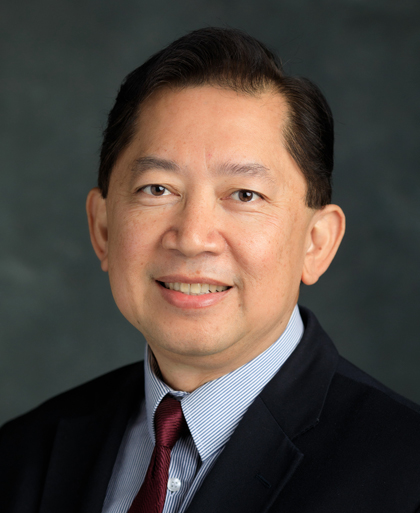
USA
Rigoberto Advincula is a Governor’s Chair Professor at the Department of Chemical and Biomolecular Engineering, University of Tennessee, Knoxville, TN, USA. He is also a Group Leader at Oak Ridge National Laboratory (ORNL), Center for Nanophase Materials Sciences (CNMS). He is a Fellow of the American Chemical Society (ACS), Fellow of the Polymer Science and Engineering Division (ACS), Fellow of the Polymer Chemistry Division (ACS), Fellow of the Royal Society of Chemistry, and Netzsch NATAS 2023 Fellow. He received the distinguished Herman Mark Scholar Award in 2013. In 2018, he was elected National Academy of Science and Technology (NAST), Philippines. In 2022 he received the Lifetime Distinguished Accomplishment Award from the University of the Philippines (UPAA). He has been appointed to the World Economic Forum, Advanced Materials Council. He is Editor-in-Chief of MRS Communications and was formerly Editor of Reactive and Functional Polymers. He has held several visiting Professor positions including Waseda University in Japan and the Max Planck Institute for Polymers Research in Germany. His group does research in polymer materials, nanocomposites, colloidal science, 3D printing, hybrid materials, and ultrathin films for applications from smart coatings to biomedical devices. He is passionate in mentoring students and helping other countries in their STEM programs.
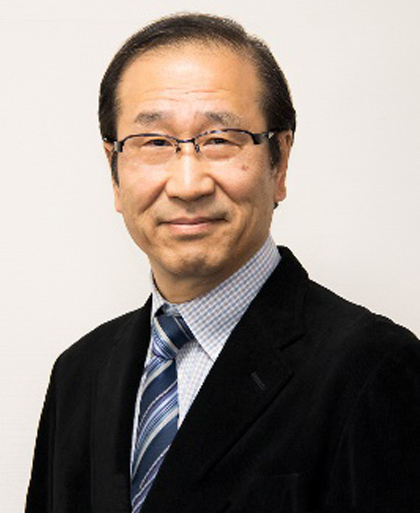
Institute for Integrated Cell-Material Sciences (WPI-iCeMS), Kyoto University
Environmental Monitoring and Remediation
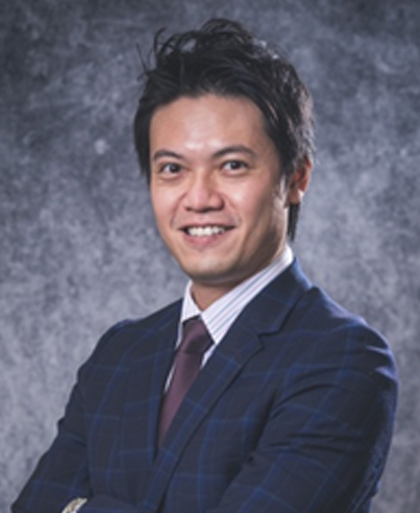
Hong Kong
Prof. Dan Tsang is a Professor in the Department of Civil and Environmental Engineering at the Hong Kong Polytechnic University and Pao Yue-Kong Chair Professor in the State Key Laboratory for Clean Energy Utilization at the Zhejiang University. He was Honorary Professor at the University of Queensland in Australia, Visiting Scholar at Stanford University in the US and Ghent University in Belgium, Senior Lecturer at the University of Canterbury in New Zealand, and Post-doctoral Fellow at Imperial College London in the UK. Dan has more than 20 years of research experience and was selected as Highly Cited Researchers 2020-2022. Dan’s research team aspires to develop green technologies for fostering carbon reduction and resource circulation.
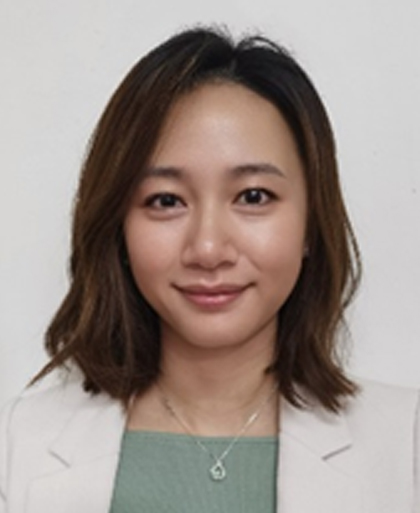
Singapore
Iris is an Assistant Professor at the Department of Civil and Environmental Engineering, National University of Singapore (NUS). Before joining NUS, she was a Research Assistant Professor at Hong Kong PolyU, Humboldt Fellow at the Technical University of Munich, Germany, and postdoctoral researcher at the University of York, UK. Her work focuses on the thermochemical upcycling of biomass waste to platform chemicals and sustainable materials as alternatives to petroleum-based products. In particular, she is interested in microwave-assisted reactions and heterogeneous catalysis. She actively contributes to the scientific community, serving as a RSC Fellow and Editorial/Advisory Board member for scientific journals.
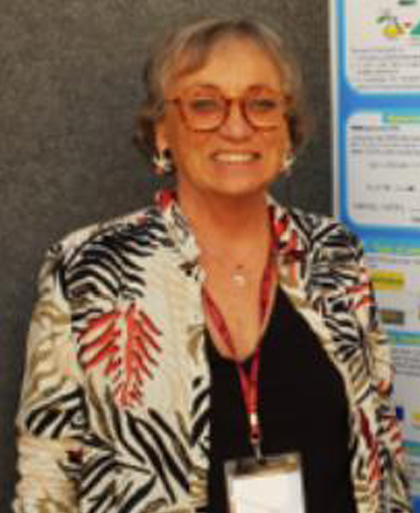
Italy
Full Professor of Comparative Anatomy and Cytology at Department of Biology and Biotechnology Charles Darwin- Sapienza University of Rome-Italy
During her career she published more than 250 publications in the fields of Cell and Developmental biology and Nanoscience. She was awarded the Honarary degree in Medicine by the Medical School of University of Yerevan, Armenia. She is leading the Comparative Cell Biology and Imaging Laboratory and Member of the Directive Committee of the CNIS laboratory (Center of Nanotechnologies of Sapienza).
The ongoing researchers are focused on
- Extracellular vesicles: isolation, characterization and function in neurodegenerative and metabolic disorders
- Safe, Smart and Sustainable Use of Nanocarriers for the production of nutraceuticals for human use by ingestion.
- Micro and nanoplastics pollution: toxicity and identification
Molecular Design and Modelling
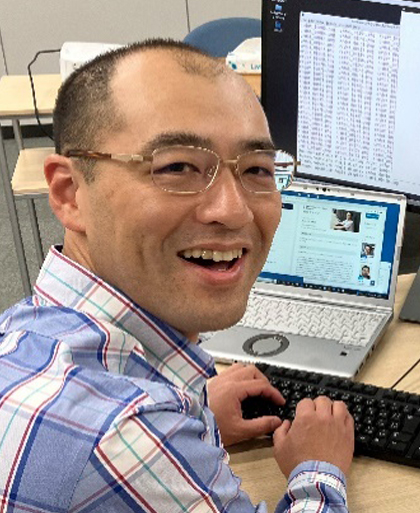
Japan
Hisashi Okumura was born in Tokyo in 1975. He graduated from Keio University. He received his Ph.D. from Keio University in 2002. He is now an associate Professor at Exploratory Research Center on Life and Living Systems in Okazaki, Japan. His research interests include molecular dynamics simulation of disease-related biomolecules.
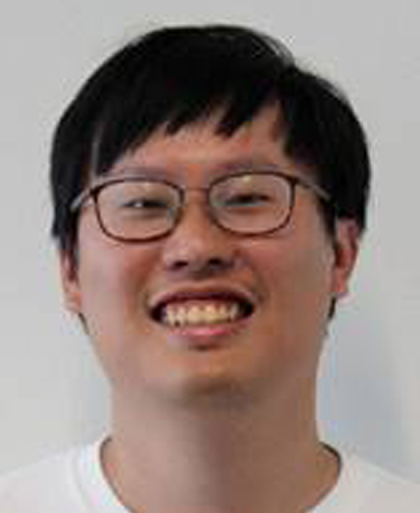
Taiwan
Dr. Kun-Han Lin received his B.Sc. (2012) and M.Sc. (2015) degrees in Materials Science and Engineering (MSE) from National Taiwan University. His master thesis focused on the lithiation mechanism of anode materials in lithium-ion batteries. In 2020, he received his Ph.D. in Chemistry and Chemical Engineering from EPFL, Switzerland. His Ph.D. thesis focused on the rational design of hole transport materials for perovskite solar cells. After graduating from EPFL, he worked at the theory group of Max Planck Institute for Polymer Research (MPIP) as a postdoctoral researcher. He is currently a faculty member in the Department of Chemical Engineering (DCE) at National Tsing Hua University.
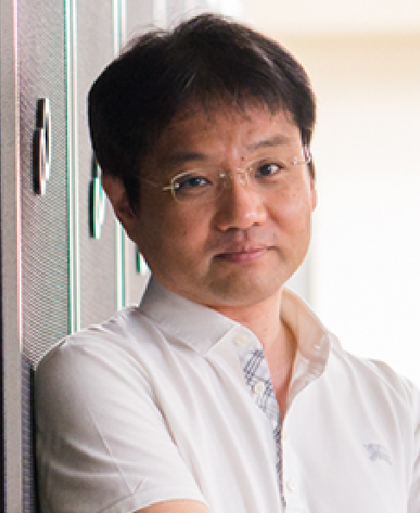
Japan
Masahiro Ehara was born in 1965. He studied in Kyoto University and got PhD of Engineering, Kyoto University in 1993. He has been a full professor in Institute for Molecular Science since 2008. His research field is Theoretical Chemistry and Physical Chemistry. He was awarded APATCC Pople medal and QSCP prize CMOA in 2009.
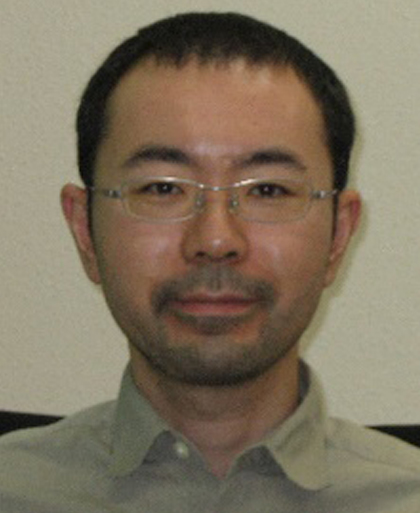
Japan
Satoru G. Itoh, Ph.D.
Assistant Professor
Institute for Molecular Science, Japan
Year of birth: 1978
Education: 2005 Ph.D. School of Physical Sciences, The Graduate University for Advanced Studies
Area of research: Computational biophysics
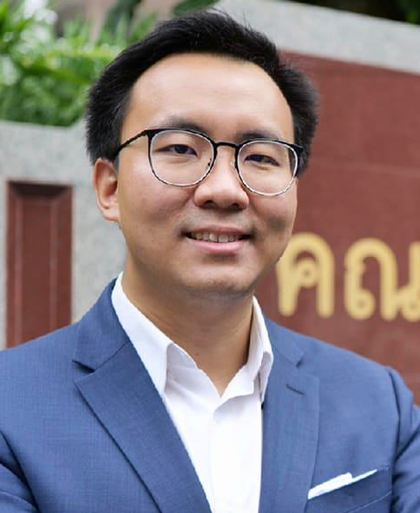
Thailand
Dr. Supareak was born in 1992. He obtained the Bachelor of Engineering (1st class honour) in Chemical Engineering from Chulalongkorn University, Thailand in 2014 and Ph.D. (Chemical Engineering) from Texas A&M University, Texas, USA in 2018. He is an Associate Professor at the Department of Chemical Engineering, Chulalongkorn University and the Director of the Center of Excellence on Catalysis and Catalytic Reaction Engineering (CECC) at the same university. He received the Richard J. Kokes award from the North American Catalysis Society (NACS), USA in 2017 and the Thailand Young Scientist Award in 2023.
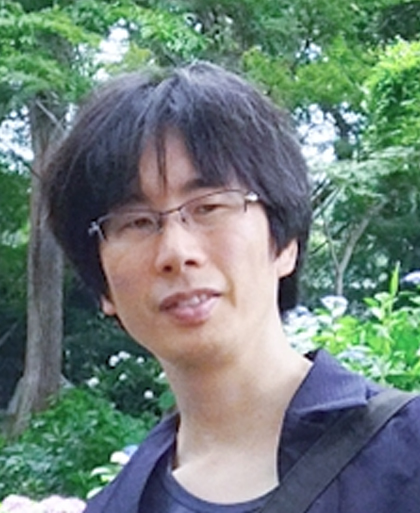
Japan
Takahiro Kosugi received his PhD in theoretical chemistry field from Kyoto University. He then started protein design research as a postdoctoral fellow at the University of Washington. In 2015, he joined Institute for Molecular Science as an assistant professor. His research interest is to design a variety of protein functions using computational and experimental approaches.
Chemical and Bio-Sensors
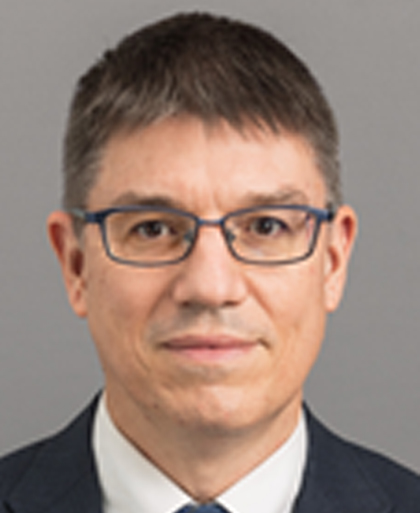
Japan
Daniel Citterio was born in Zurich (Switzerland) in 1967. He obtained his doctoral degree from the Swiss Federal Institute of Technology (ETHZ) in 1998. Since 2014, he is a professor at the Department of Applied Chemistry of Keio University in Yokohama (Japan), where he is heading the laboratory for analytical chemistry. His research is devoted to the development of low-cost (bio)chemical sensing devices for medical, environmental, food and biological applications. He currently serves as co-editor-in-chief for Sensors and Actuators B: Chemical. In 2022, he has been awarded the Chemical Society of Japan Award for Creative Work.
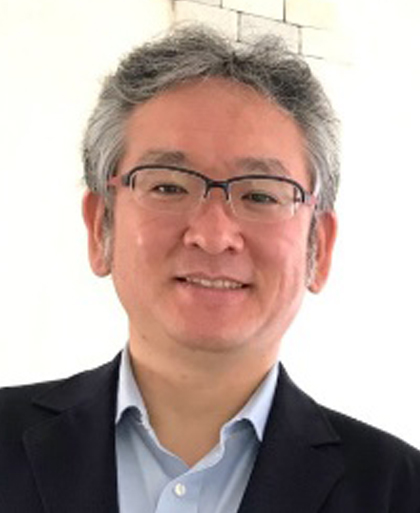
Japan
Ryota Iino was born in 1972, received his B.E. in polymer chemistry and M.E. in synthetic chemistry and biological chemistry at Kyoto University in 1995 and 1997, respectively, and Ph.D. in biophysics at Nagoya University in 2003. After working at Japan Science and Technology Agency (research fellow, 2000–2005), Osaka University (specially-appointed assistant professor and assistant professor, 2005-2011), and the University of Tokyo (lecturer and associate professor, 2011-2014), he began his career as a full professor at the Institute for Molecular Science, National Institutes of Natural Sciences, Japan in 2014. His recent research interests include principles and engineering of molecular motors.
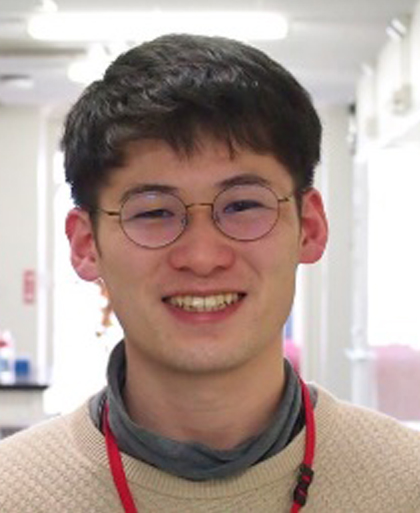
Japan
Takanori Harashima, born in 1994, earned his B.E. and M.E. in chemistry (2017, 2019) and a Ph.D. in chemistry (2022) from Tokyo Institute of Technology. After working as a research fellow at the Institute for Molecular Science, National Institutes of Natural Sciences, Japan (April to December 2022), he assumed the position of assistant professor at the same institute. His research interests include the design and engineering of artificial molecular motors using DNAs. One of his notable achievements includes the "Best Presentation Award" at the Biophysical Society of Japan Chubu Branch Conference in 2023.
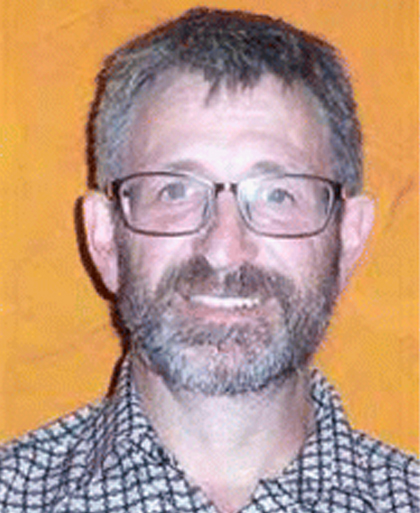
Thailand
Professor Schulte was born in 1960 and received his Ph.D. degree from the University of Münster, Germany, for the development of carbon fiber-based microelectrodes for electroanalysis and probe microscopy. Since 2017, he is a faculty member in the School of Biomolecular Science and Engineering (BSE) of the Vidyasirimedhi University of Science and Technology (VISTEC). His cross-disciplinary group research at VISTEC/BSE is addressing advancements of (bio-) electroanalysis for biomarker, pollutant, food nutrient/contamination and drug screening with special focus placed on the automation, miniaturization, simplification, and greening of the applied electroanalytical tools and procedures.
